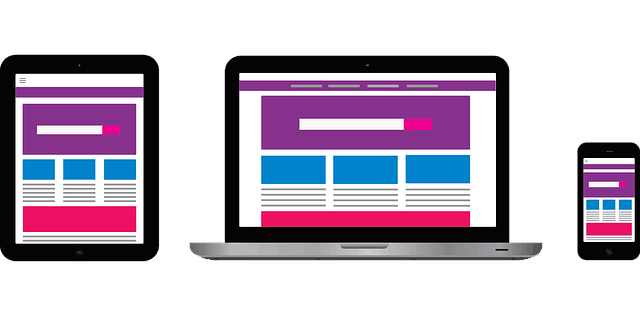Choosing a WordPress theme. Here’s how to pick the perfect one.

Choosing a WordPress theme for your website acts as a tool that presents your business to users. While a neat design is very important in order to no only stand out but to deliver a clear message, I’d argue that the technical side of things should be taken into consideration as well.
If you are looking for WordPress help click here →
Today I want to talk about both the technical and the presentation aspect of choosing a theme for your WordPress website. I follow these principles when choosing a WordPress theme for both myself and my clients, and I’m sure they’ll help you out too.
5 principles on how to choose to choose a WordPress theme:
Principle No.1 – Keeping it simple
A simple website will help deliver the goal of your business without coming off as too complicated for the user.
When choosing your theme, aim for a bold and minimal presentation. The purpose of a web design is to help site visitors find the information they need and likewise help businesses reach their goals.
Even if you think the theme looks great, it means if it does not empower your website in any meaningful way. Another fatal flaw in a theme is its bad formatting. If users can’t find their way around your site, they’ll bounce in a matter of seconds.
Principle No.2 – Responsiveness is the way to go
Having a responsiveness when choosing a WordPress theme for your website is no longer an optional thing. It’s pretty much standard in the industry. Not only do responsive themes adapt themselves to different screen sizes, but they retain website functionality on different devices as well.
Research on the matter shows that the number of mobile internet users have increased dramatically in the past few years, with estimates that over 60% of traffic for e-shops are coming via mobile.
Traffic numbers are not the only thing that matters when it comes to adaptability of course. Google values mobile-friendly sites, and puts them at the top of search results. So, if you want good rankings, as well as have good user-experience – responsive themes are the way to go.
If you’re interested, I have a separate article talking about responsiveness and improving user experience on your WordPress website.
Principle No.3 – Browser compatibility and multilingualism
Even though Google Chrome is by far the most popular browser, you have to consider users with other ones as well. When choosing a WordPress theme that’s free, there’s usually some risk about how it will look on different browsing platforms.
While testing of this kind is common among developers, it won’t hurt to see everything for yourself. This way you’ll make sure the website looks they way you intended it to. Run a test on a few mobile devices too and see if it works on them as well.
Apart from browser compatibility – multilingualism is another aspect of your website you should carefully consider.
Even if your primary audience are English speakers, it’s best to prepare your site for future growth in terms of different languages. Make sure that your theme is ready for translations and don’t clash with multilingual plugins.
Principle No.4 – Plugins are you’re best friend
What’s quite obvious about WordPress is that many of the platform’s strengths lie in its vast selection of awesome free plugins. That and the very supportive community which develops them of course.
They’re flexible and allow webmasters plenty of customization options, to create a uniquely functioning website. Even though there’s thousands of them, I really think that SEO, image optimization and cache plugins are some of the most vital ones to have on any site.
My point?
When choosing a WordPress, make sure all the plugins work properly and nothing clashes. No matter how cool you think everything looks, if you sacrifice functionality, you’re business will suffer dramatically as a result.
Principle No.5 – Keeping technicalities and SEO in mind
Many people seem to underestimate the role of SEO when it comes to choosing a WordPress theme. Google and other search engines value websites that are well-coded and technically correct. Even if the theme is good-looking, vital flaws on the inside of it might affect your rankings dramatically.
Before you implement a design, it’s best to analyze a theme’s source code. While this might be challenging for those who don’t have the technical background, an experienced designer could advise you on what to do.
All in all
Choosing a theme could be challenging in some ways, especially if you don’t have any previous experience in doing that. As long you keep in mind the aspects of technically and presentation, I’m sure you’ll get a fully functioning website in no time.
Good luck!









